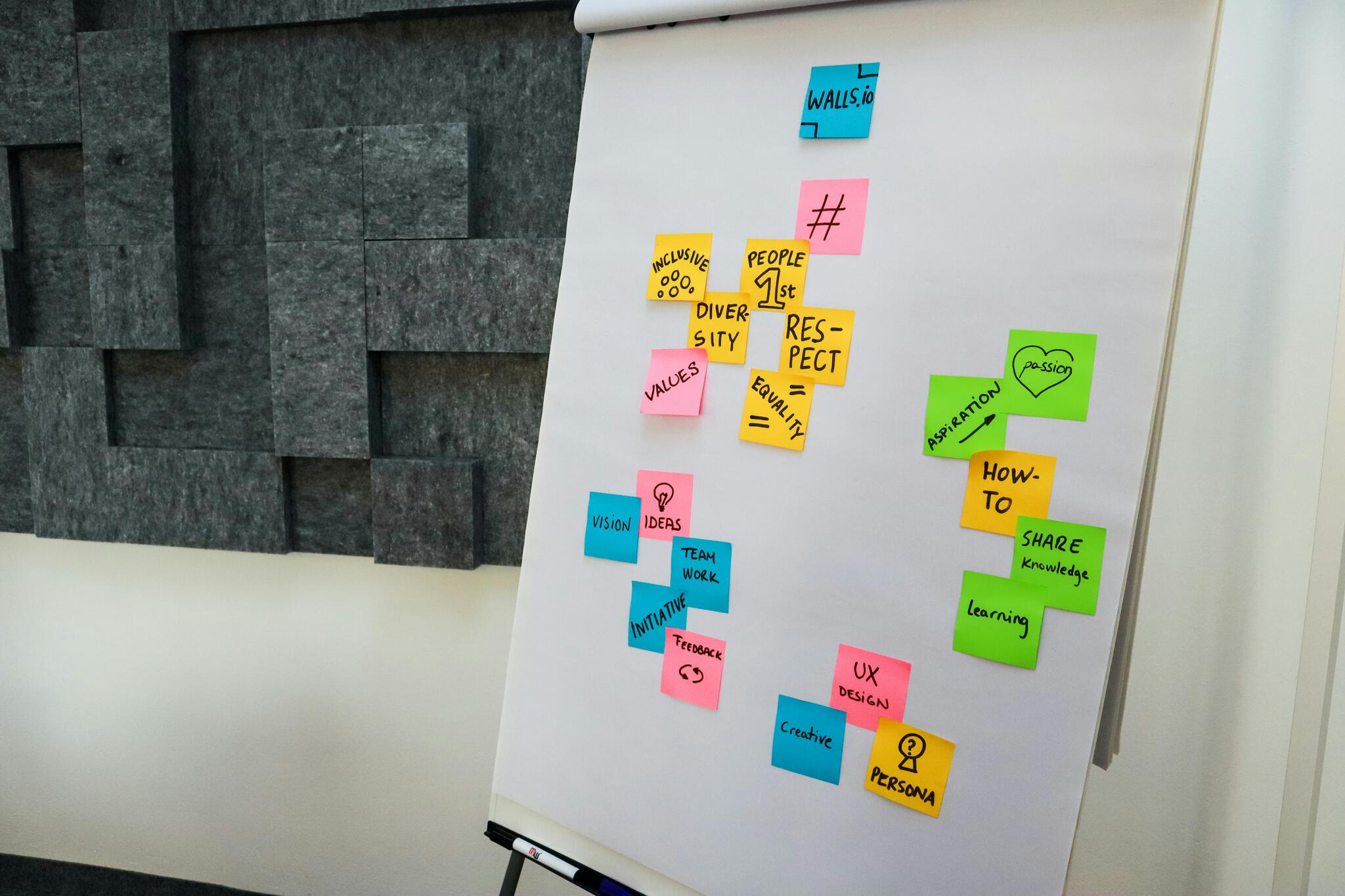This three-session workshop series is designed to help instructors create learning environments that are fair, inclusive, and accessible for all students. Each session focuses on a key area of inclusive teaching, offering practical tips and activities you can use right away. You will learn how to design assessments that support every learner, follow Accessibility for Ontarians with Disabilities Act (AODA) guidelines, and better understand and support neurodiverse students.
Through hands-on activities, case studies, and guided reflection that connects theory to practice, you will leave each session with actionable strategies and resources. Participants who attend all three sessions will obtain a certificate of completion. This series is ideal for instructors across disciplines.
Workshop Series Objectives
By participating in this workshop series, instructors will be able to:
- Define key inclusivity concepts such as Universal Design for Learning (UDL), neurodiversity, and AODA compliance as they relate to teaching and learning.
- Recognize barriers that impact diverse learners.
- Gain access to practical tools and resources to make lasting changes in teaching practices.
- Reflect on personal teaching practices and develop goals to enhance inclusivity and accessibility.
 Neurodiversity in Higher Education: Understanding, Engaging, and Advocating
Neurodiversity in Higher Education: Understanding, Engaging, and Advocating
Date and Time: Wednesday, April 9, 2025; 10:30am – 12:00pm
Location: Mackintosh-Corry Hall, Room E202
Facilitator: Kate Brothers, Arts and Science Online
This interactive workshop explores the concept of neurodiversity and its significance in creating inclusive learning environments at Queen’s. Participants will define key terms and engage with first-person narratives through case studies. Attendees will also have the opportunity to practice navigating common classroom scenarios involving neurodiversity and develop practical strategies for fostering inclusion. The session concludes with guided reflection and goal-setting, empowering participants to advance neurodiversity in their teaching and professional practices.
By the end of this workshop, participants will be able to:
- Understand key concepts and terms related to neurodiversity.
- Reflect on neurodivergent experiences through first-person narratives.
- Develop strategies for fostering inclusive learning environments through case study analysis.
- Articulate personal goals to advance neurodiversity inclusion in your teaching practices.
 Information Session on the Accessibility for Ontarians with Disabilities Act (AODA) Post-Secondary Recommendations in Assessment, Curriculum, and Instruction
Information Session on the Accessibility for Ontarians with Disabilities Act (AODA) Post-Secondary Recommendations in Assessment, Curriculum, and Instruction
Date and Time: Thursday, March 20, 2025; 10:30am – 12:00pm
Location: Zoom
Facilitator: Kate Brothers, Arts and Science Online
This information session aims to inform faculty on the AODA Post-Secondary Recommendations for Assessment, Curriculum, and Instruction. Designed for educators seeking to foster an inclusive learning environment, this session offers practical guidance that aligns with AODA compliance.
By the end of this session, participants will be able to:
• Gain an understanding of the AODA postsecondary recommendations in Barrier Area 3: Assessment, Curriculum, and Instruction.
• Identify actionable strategies to integrate accessibility into your teaching and learning practice.
• Walk away equipped with tools and resources for implementing these changes.
 Designing Inclusive Assessments
Designing Inclusive Assessments
Date and Time: Tuesday, February 11, 2025; 1:30 – 3:00pm
Location: Mackintosh Corry Hall, Room E202
Facilitators: Kate Brothers, Arts and Science Online; and Nevena Martinović, Centre for Teaching and Learning
This interactive workshop empowers instructors to create assessments that promote equity and support diverse learners. Together, we will explore the challenges of traditional assessments and learn strategies to design flexible, accessible alternatives. Through hands-on activities, participants will revise an assessment from their own courses, share ideas with peers, and leave with practical tools and actionable plans to make your teaching more inclusive.
Pre-learning materials will be provided to help you prepare for this workshop.
By the end of this workshop, participants will be able to:
- Define inclusive assessment and understand its role in equitable learning outcomes.
- Identify common barriers to assessments that impact diverse learners, including students with disabilities.
- Apply UDL principles to design or revise assessments.
- Develop inclusive and accessible assessments to support diverse learners.